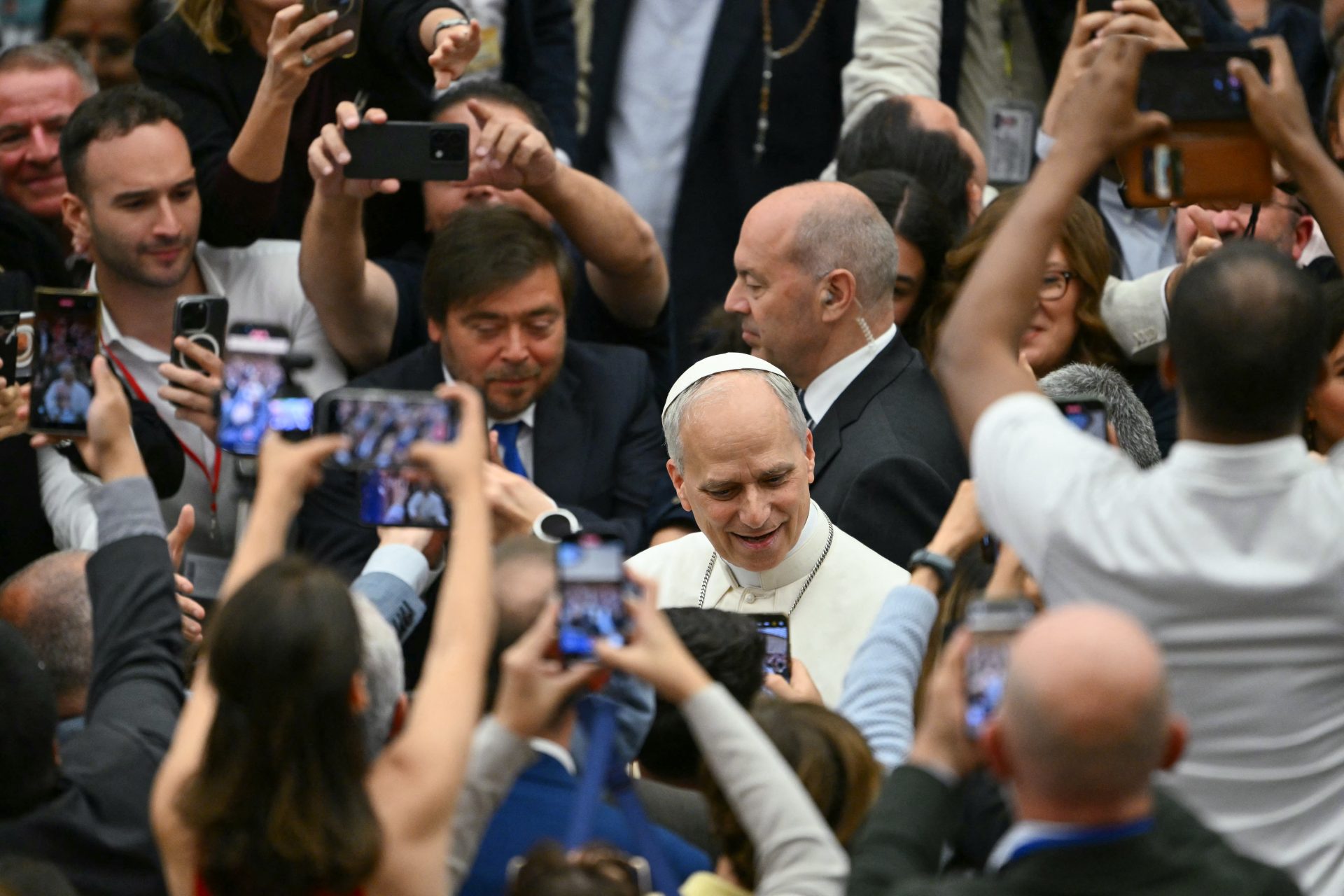If Pope Leo XIV’s most recent statement is any indication, the environmental legacy of Pope Francis will live on throughout his reign.
In his statement “Seeds of Peace and Hope” published earlier this month, he issued a message for everyone to acknowledge the urgent need for environmental and social justice at a time when either is becoming more difficult to achieve.
Many of the Pope’s statements echo the central message that his predecessor ushered in a decade ago in Laudato Si’: the need for an “integral ecology,” or a holistic approach to understanding and responding to the interlinking social and environmental challenges we face today.
Yet this message bears repeating, considering not only the issues we are witnessing almost everywhere, but also the reality that this approach will take time.
A virtue
Pope Leo reminds us that achieving environmental and social justice will not happen overnight. It is a reality that even the most idealistic environmental activists must recognize: the tension between their vision of a future marked by a sustainable, healthful, and harmonious ecology, and the limitations brought by current political, economic, and social systems.
This does not mean that attaining such justice is impossible, or that the global environmental movement should stop advocating for a better world. Instead, he remarks that current leaders and advocates can “sow many seeds of justice and thus contribute to the growth of peace and the renewal of hope.”
While these figurative seeds may take years to bear fruit, the task remains worth pursuing—so long as it is rooted in love, perseverance, and hope that future generations can continue the work.
This is manifested in how we regard nature. As Pope Leo laments, some treat it as a “battleground,” where the vested interests of those aligned with the technocratic paradigm willingly engage in conflicts for control of vital resources to gain more economic power. Rivers, trees, and the like are treated not as integral parts of the environment but as commodities that exist solely for human benefit.
Yet the concept of nature as a battleground may also be interpreted in another way—individuals regarding their own nature not as being connected to other life and everything around us, but as engaged in a perennial mentality of “survival of the fittest.”
Either way, the end result is the same. Their lack of care for how those outside their inner circles are affected by their actions worsens existing inequalities and injustices. It is the story we have heard for centuries: the rich hoard an excessive share of the wealth, while the poor struggle to have even three meals a day. Indigenous peoples are displaced, excluded, and even stripped of their identity.
Long-term ills require lasting cures. Addressing these longstanding challenges that contribute to the ecological crisis can only be done through the transformation of systems we have long known—an undertaking that may take beyond our lifetimes. Yet this is the best path forward toward environmental and social justice, for us to hope and act with Creation.
In practice
This path is reflected in how we approach the second half of 2025. At the global level, all roads will lead to the 30th UN climate negotiations (COP30), to be held in Brazil—the world’s largest Catholic nation.
The state of these climate talks is increasingly recognized as too slow, if not broken; so much so that the COP30 presidency wants to emphasize this conference as action-oriented. Even negotiators within UN platforms are becoming more vocal in suggesting how to fix the process.
Change in the conduct of climate multilateralism is necessary for any meaningful global action against the ecological crisis, as acknowledged by Pope Francis in Laudate Deum. This, along with Brazil as the host and 2025 being a Jubilee Year, provides the ideal backdrop for the Holy See delegation to finally step up and become the moral voice in the negotiations it is capable of being.
That said, expectations for how impactful this next round of negotiations will be must be tempered. It is unlikely that its track record of inefficiency—largely driven by the geopolitical divide between the Global North and South—can be reversed in just a few months.
Still, multilateralism remains necessary to address a global crisis like climate change; its outcomes still matter. With the Amazon as its backdrop, COP30 offers an ideal platform to finally plant those figurative seeds of environmental and social justice.
Even the Catholic Church is not exempt from the need for continuity in addressing the ecological crisis. In this regard, signs of Pope Leo continuing the work begun by Pope Francis are a welcome indication that the institution is truly committed to seeing those seeds eventually bloom into forests that bring renewed hope and life for current and future generations.
John Leo Algo is the National Coordinator of Aksyon Klima Pilipinas and the Deputy Executive Director for Programs and Campaigns at Living Laudato Si’ Philippines. He has been representing Philippine civil society at UN climate and environmental conferences since 2016 and has worked as a climate and environment journalist since 2016.
The views expressed in this article are those of the author and do not necessarily reflect the editorial stance of LiCAS News.






